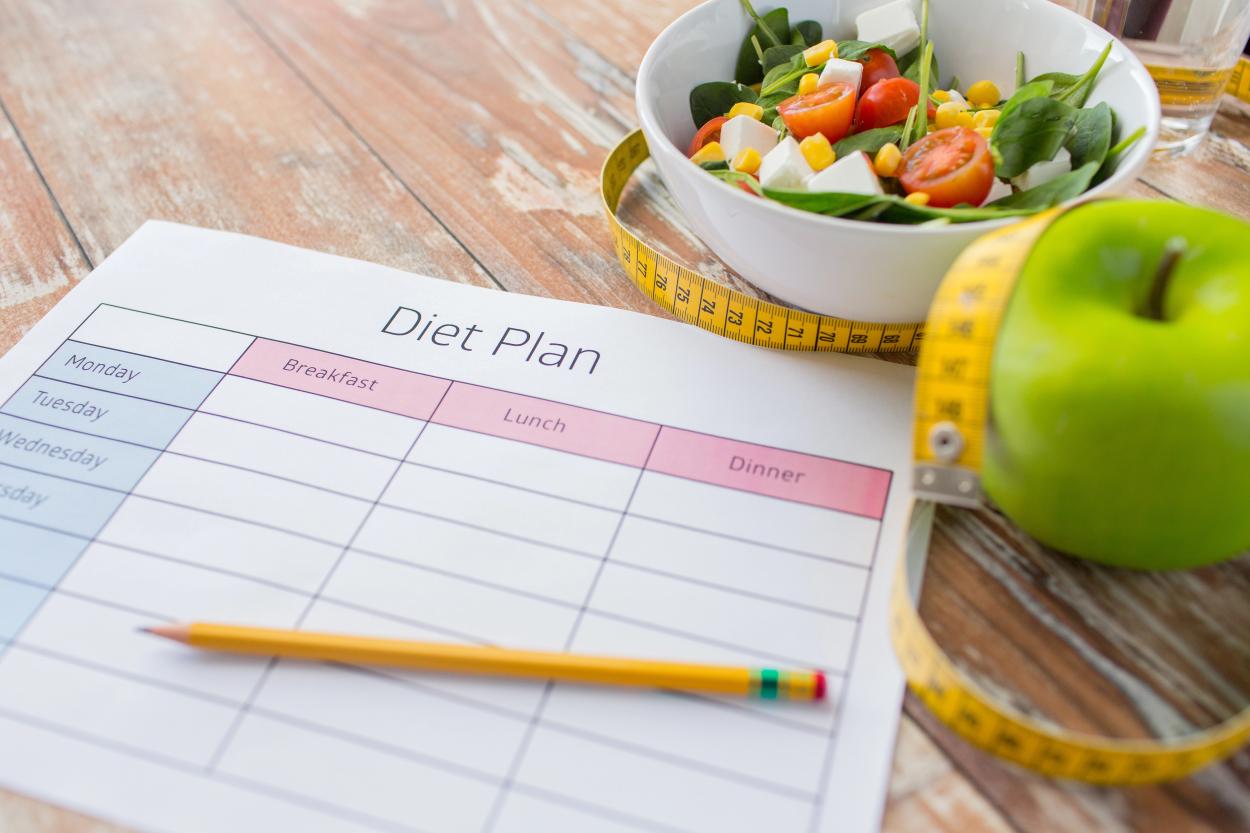This is the surgical removal of the gallbladder using key-hole surgery. The gallbladder is a small sac attached to the liver that stores bile. The reason for removing the gallbladder is the presence of gallstones causing attacks of pain, jaundice and inflammation of the gallbladder or pancreas. 
A decade ago most gallbladders were removed through a long incision below the right ribs. These days however, most gallbladders are removed laparoscopically (keyhole surgery through small incisions). This is still a major operation but recovery time is much faster.
Before Your Operation
- Do not eat or drink anything for 6 hours before your operation.
- If you are diabetic, do not take your insulin or diabetes tablets the morning of operation.
- Take your other tablets with a sip of water.
- If you are taking drugs that thin the blood let your surgeon and anaesthetist know a week before the surgery as some may need to be stopped.
Anaesthesia

The surgery is performed under general anaesthetic. Local anaesthetic and pain relief are administered at the end of the operation.

The Operation
Key hole surgery is performed with four small cuts; one at the belly button and three in the upper abdomen. The tummy is filled with gas to create a working space. The gallbladder is dissected then an x-ray test (called a cholangiogram) is performed to check if any stones
have slipped beyond the gallbladder into the bile duct. If so then is it often possible to remove them during surgery otherwise they can be removed endoscopically a few days after surgery. After the x-ray test, the duct to the gallbladder is clipped with titanium clips and the gallbladder is removed and the incisions are closed. Sometimes a drain that goes to the outside is placed and kept for a day or two if the gallbladder was very inflamed or there were stones in the duct. Don't worry this comes out before you go home.
After the Operation
After your operation you may feel pain in your shoulders. This is fairly common and tends to settle within 24 hours. Any pain, discomfort or nausea will be controlled by medications and most patients are able to go home the day after surgery.
Complications
As with all operations there are some complications that you must be aware of. These include:
- Wound or deep infection
- Common bile duct injury. This occurs in 1-5 per 1000. It is a serious complication and would require future surgery.
- Bleeding. This is rare
- Bile leakage; this is very rare and may require surgery
- Retained bile duct stone. This often require endoscopic removal.
- Heart problems and chest infection
- Blood clots. These may form in the legs and travel to the lung. The risk of clots is reduced with stockings and calf compressions on the day and after surgery.
- Premature labour and fetal loss.
- Injury to intestine. This is very rare but sometimes occurs due to injury with laparoscopic instruments.
- Diarrhoea
- Death. This is extremely rare and occurs in under 1 per 1000.
Wound Care
You will have buried sutures for the skin, paper tapes on the skin and waterproof dressings. Leave the dressing on for 2 days and then remove them leaving only the tapes to fall off in the shower. You can have a shower from day one but just make sure you pat dry your wounds. A small amount of drainage from the incision is normal. If the drainage is thick and yellow or if the wound looks red then you may have an infection.
Diet
Once the initial nausea settles you can start drinking and quickly return to a regular diet. After surgery there are no dietary restrictions.
Activity
Walking after surgery is encouraged to reduce the risks of blood clots and respiratory complications. After going home start with short walks two to three times and day and increase the distance. Heavy lifting should be avoided to reduce the risks of hernia at the operation site.
Returning to Work
Returning to work depends on the kind of operation and the type of work you do. The majority of people need two to four weeks off work to recover. It is normal to feel tired and you may need more sleep than usual.
Driving
The time it takes to get back behind the wheel varies from person to person. Most patients can resume driving 7 days after the surgery. Before you drive you must be off all pain killers with no pain and your movement and strength must be able to cope with an emergency stop.
Follow-up
Please make a follow up appointment 4 to 6 weeks after your surgery to see Dr Zarrouk to monitor your progress and check the tissue results.
Alternatives to Surgery
It is possible to dissolve or shatter the stones with medications but these are unpleasant and have side effects. These medications also need to be taken for a long time. The gallstones, however, usually come back within a year or two.










